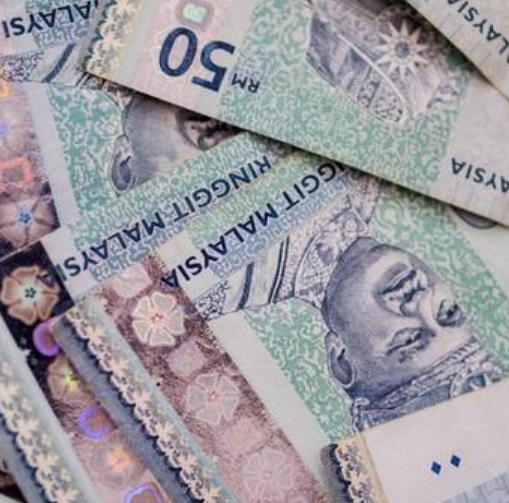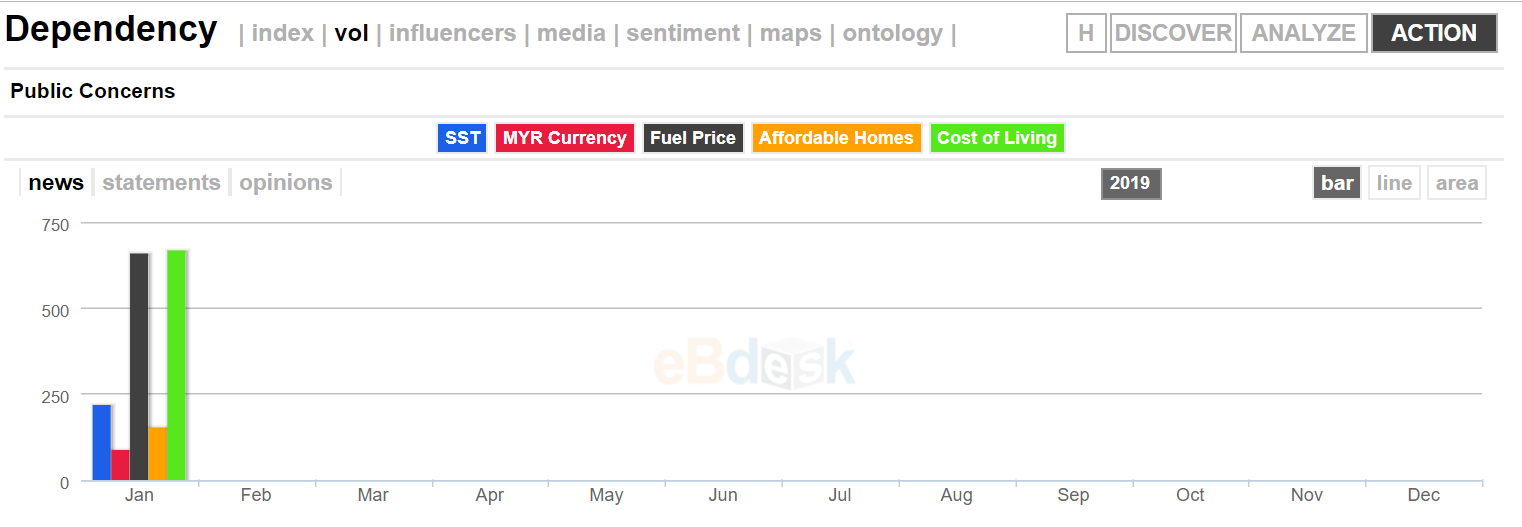Despite bidding ‘goodbye’ to GST, cost of living remains an issue

One of the factors that brought to Pakatan Harapan’s (PH) colossal win in GE-14 is the high cost of living under the Barisan Nasional (BN) administration. Prior to the election, leaders of the coalition had continuously debated on the issue of the Goods and Services tax (GST), which had a huge impact on the cost of living.
The 10 promises to be fulfilled in 100 days by PH had filled the rakyat with hope especially when the new government fights to reduce the cost of living and the abolishment of GST.


Almost 2 weeks in since the coalition took helm of the government, GST was announced to be reduced to 0% as of 1st of June 2018. If we look at the graph, the media exposure on cost of living are generally much lower compared to months before the election. In the same month GST was at 0%, talks on the Sales and Service tax (SST) – a tax reintroduced under the PH government – start making headlines up until September.
At this point, news on cost of living remains low along with other issues such as affordable homes and fuel price. This is a good indicator in evaluating PH performance as this was the main measuring factor in the election. People voted as they were eager for a change.
However, not long after, the concern slowly makes its ‘comeback’ in the recent months. Since November 2018, cost of living is seen to build its momentum and swiftly became the talk of the town in January 2019 alongside fuel price.
What we can see from the current sentiment is that – be it PH or BN – high cost of living remains a concern amongst the majority of the public. Supposedly, after PH move to abolish BN’s GST, cost of living should no longer be an issue of the rakyat considering they have entrusted PH to reduce their burden.
Unfortunately, a different scenario is witnessed.

